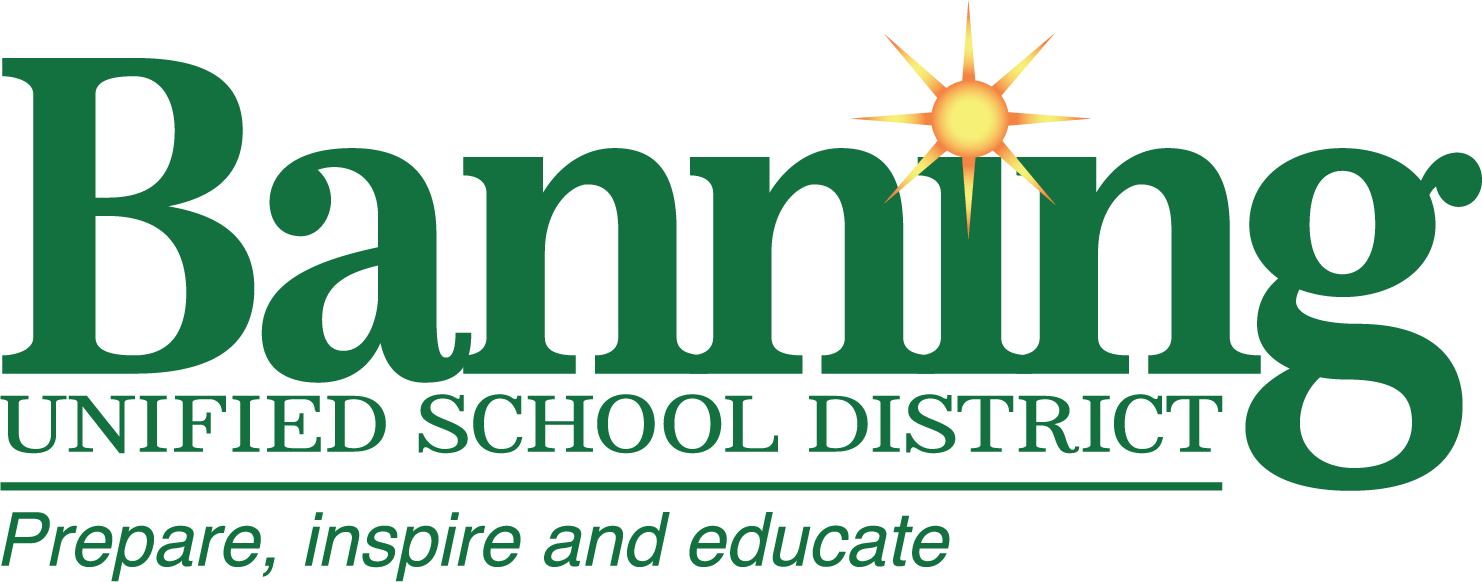Indian Education Program
Indian Education Program
Title VII Indian Education Program
Overview
The 1972 Indian Education Act was passed by congress and was the landmark legislation establishing a comprehensive approach to meeting the unique, educational, and culturally related academic needs of American Indian, Alaskan Native, and Native Hawaiian students in the United States. In 2001, the program was amended under No Child Left Behind, which reauthorized the programs Title VII, Part A of the Elementary and Secondary Education Act. The act funds formula grantees through the United States Department of Education.
Purpose
The Indian Education federally funded Formula Grant Program provides grants to support local educational agencies (LEAs) and other eligible entities in their efforts to reform and improve elementary and secondary school programs that serve Indian students. The programs funded based on challenging State academic content and student academic achievement standards used for all students, and are be designed to assist Indian students to meet those standards. The funding for this program is also used to ensure that the best available talents and resources, including persons from the Indian community, are utilized. Each year the Banning Unified School District submits an application in accordance with this grant. The formula grant is based on the number of Indian student certification forms received, and an average per pupil expenditure of school districts having Title VII grants in the state.
Indian Student Certification Eligibility
To be considered eligible for services, either the student or one of the parents/grandparents must the following criteria:
Legislation defines "Indian" as any individual who is:
A member (as defined by the Indian tribe or band) of an Indian tribe, or band, including those Indian tribes, bands, or groups terminated since 1940, and those recognized by the state in which they reside; or
A descendent in the first or second degree (parent or grandparent) as described in (1); or
Considered by the Secretary of the Interior to be an Indian for any purpose; or
Eskimo or Aleut or other Alaskan native; or
A member an organized tribe that received a grant under the Indian Education Act of 1988 and was in effect on October 19, 1994.
A student must be enrolled in the school district, have a completed Indian Student Certification 506 form with students' name, tribe, and parent/guardian signature on file to be eligible for services.
Indian Education Parent Advisory Committee
This program/project is developed and implemented with the full and open consultation of parents/guardians of Indian students, teachers, and secondary students (required in LEA's with high schools). A parent committee is selected in accordance with statute of the law to assist other parents with the understanding of the program. The parent committee adopts and abides by reasonable bylaws that govern the conduct of the activities which parents participate.
The committee will have opportunities to:
Represent the parents with providing input, recommendations, and/or to enhance proposed activities.
Advise staff on project services and/or activities based on documented student needs.
Promote cultural awareness and activities to provide a better understanding of Native American heritage.
Assist with Public Hearing of Indian Education grant for yearly proposed activities.
Provide written approval for submission of grant.
Program
Program funds and services are to be used to support not supplant the Banning Unified School District core curriculum. The design of the program consists of a Director who oversees the Indian Education Program staff, budget, proposed activities, and monitors the program. Home/School Liaison services are provided for parents/students, teachers and staff to support educational services for all Indian students participating in the program. Tutorial services are provided for Indian students with identified academic needs for grades K-12.
Services
Academic tutoring in Math, English Language Arts, Reading
Monitors student progress, and assist district with meeting state student performance standards
Assist school staff with home visits to increase student attendance, parent/students meetings, and/or conferences
Promote and support parent involvement
Serves as advocates for parents and students to provide resources for student intervention and alternative educational programs.
College/Career awareness
Promote and provide Native American resources and cultural awareness activities
Collaborate with the Morongo Tribal Tutoring Services, and local community, i.e. Indian Health Program, Malki Museum, and Dorothy Ramon Learning Center.
